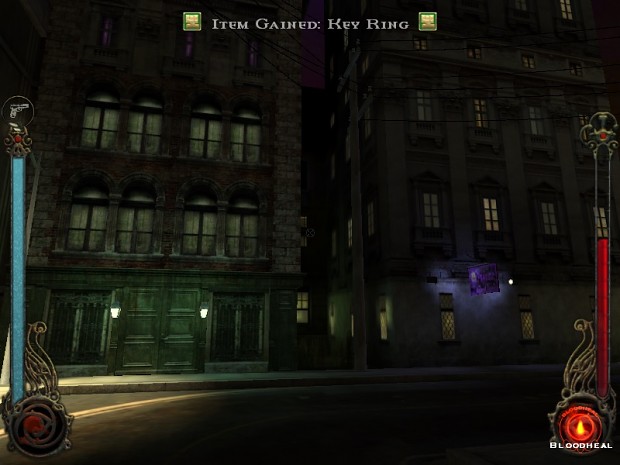

Bloodlines, by comparison, bore the marks of its hurried release, launching with a litany of glitches and a scrappy final act.īut even early players noticed that there was something special lurking behind the bugs. When Bloodlines launched in November 2004, it was on the very same day that Half-Life 2 practically redefined first-person PC gaming with its revolutionary physics and peerless production values. The timing couldn't have been much worse. One way or another, the game would launch in 2004. After a series of delays, Activision set the team a firm deadline. Source was certainly a capable engine – and Troika made use of its powerful facial animation and lip-syncing features to bring Bloodlines' characters to vivid life – but it was also unfinished. One issue was the decision to make use of the Source Engine, which was still in development at Valve. And when publishing partner Activision suggested that Troika create a followup to Nihilistic Software's well-received Vampire: The Masquerade - Redemption, Bloodlines began to take shape.īut while the direction was clear, the development proved difficult. For its next game, the team at Troika wanted to place players face-to-face with its cast of characters. Like most RPGs of the time, however, these games made use of a zoomed-out, isometric perspective. Founded by three of the key members of the and Fallout 2 development teams, Troika's output included The Temple of Elemental Evil, an RPG based on a classic Dungeons & Dragons scenario, but it was the strikingly original Arcanum: Of Steamworks and Magick Obscura that really earned Troika a reputation. Troika Games may not be a household name today, but the studio was home to roleplaying royalty. Bloodlines was a game that was so ambitious – so ahead of its time – that it killed the studio that sired it. Which makes it all the more tragic, then, that it was the game that ultimately led to the demise of its developer. Vampire: The Masquerade - Bloodlines, for instance, was marked out by a strong connection to the world of tabletop roleplaying, a heavy emphasis on player choice and problem-solving, and a quality of writing that often towered above what the rest of the industry had to offer. And you earn experience points in basically every genre under the sun.īut it wasn't always this way – there was a time when RPGs stood apart. You progress through skill trees in stealthy action-adventures.

You collect and upgrade loot in shooters. These days, almost every game is a roleplaying game.


 0 kommentar(er)
0 kommentar(er)
